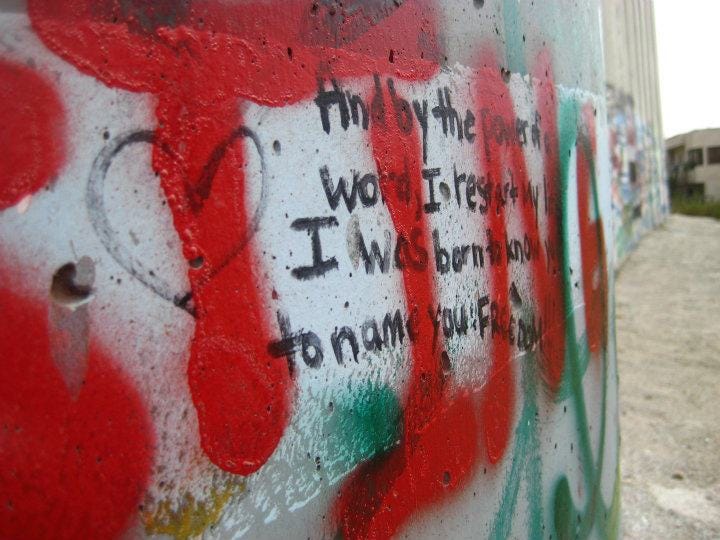Saying What Must Not Be Said – Viet Thanh Nguyen on Palestine, Liberation, and Justice
The Pulitzer Prize winner on why it is his duty as a writer to be political.

Many people might dismiss what writers and storytellers do as useless and harmless, but the evidence for our usefulness and power is substantial, especially in this age of growing global authoritarianism and fascism. We deal in narrative, with narrative dominance critical to the struggle for power and ideas. While writing is mostly done individually and should not be legislated, the task of committed writers is to also imagine how their solitary work exists in relation to collective movements for liberation and justice.
From the perspective of the West, it is countries like Russia, China, and North Korea that suppress their writers and artists. Hostility against these countries is justified at least partially through the idea that the West is free and these countries are not, which somehow makes it acceptable to bomb places like Iran at will (the freedom to bomb apparently coming with freedom of speech). But silencing happens within the West, too, sometimes operating through consensus and sometimes through coercion, usually of writers and artists from marginalized populations.
October 7 and the aftermath vividly illustrate how power and narrative operate together in the West through consensus and coercion.




